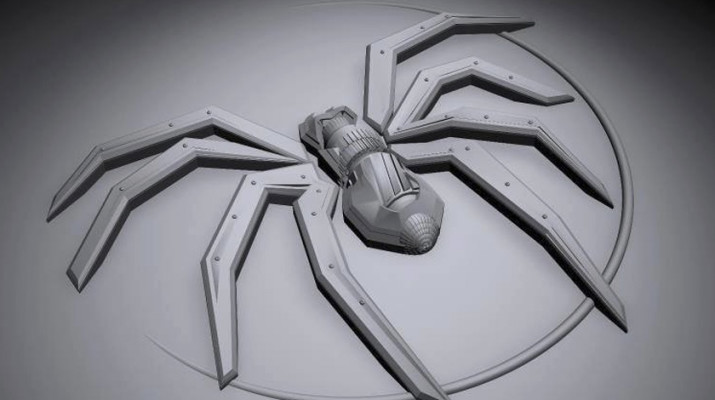In most organizations, you will have to work in groups in order to get work done. But in the real world, you will not be the one choosing the people you will be working with. Usually there are two kinds of different groups found in organizations. Informal work groups get together outside of the workplace in order to do something not related to their job. On the other hand, a formal work group consists of managers and/or their subordinates that have an impact on the way they work in the office.
Jack Rochel, the president and CEO of Epsilon Electronics Inc., knows all too well the different types of groups you can work in and the stages of they go through in order to become efficient. The first stage of group development is obviously getting together people, in other words forming a group. More likely than not, the members have never met before. It will take some time for everyone to feel comfortable with each other in order to become a real group. Because they don’t know each other too well, everyone is polite wit each other, not creating conflict and trying to figure out there place and role within the group.
When everyone becomes more comfortable with each other, this is when they enter the storming phase. Members start to express themselves as they please letting out their true self. There may be bickering between members over what work needs to be done and who should be in charge of assigning them. It is not uncommon to see some groups stay in the storming phase because some members cannot agree on fundamental things. There are a few steps one can take in order to move onto the norming stage. Instead of making conflict between members seem unnatural, it is best to let member know it is normal to bicker amongst them. Also never leave out a member of a group from meetings to avoid further conflict.
In the norming stage, members are committed to each other and would like to work together towards the group’s goal. There might even be friendships forming at this stage. Then comes the performing stage where members are more interested than ever to understand how work is getting done. Lastly, as Jack Rochel of Epsilon Electronics Inc. has gone through it previously, groups do come to an end. It is important to debrief with the group as to what was done and how it all went.
Because Jack Rochel has many years of experience working at Epsilon Electronics Inc., he know that usually the leader of a group will have to go through various leadership styles over the different stages of development to be successful. In the earlier stages, they have to assume the role of a coach and once the group is beginning to pick up momentum, the leader should delegate tasks to each member.

